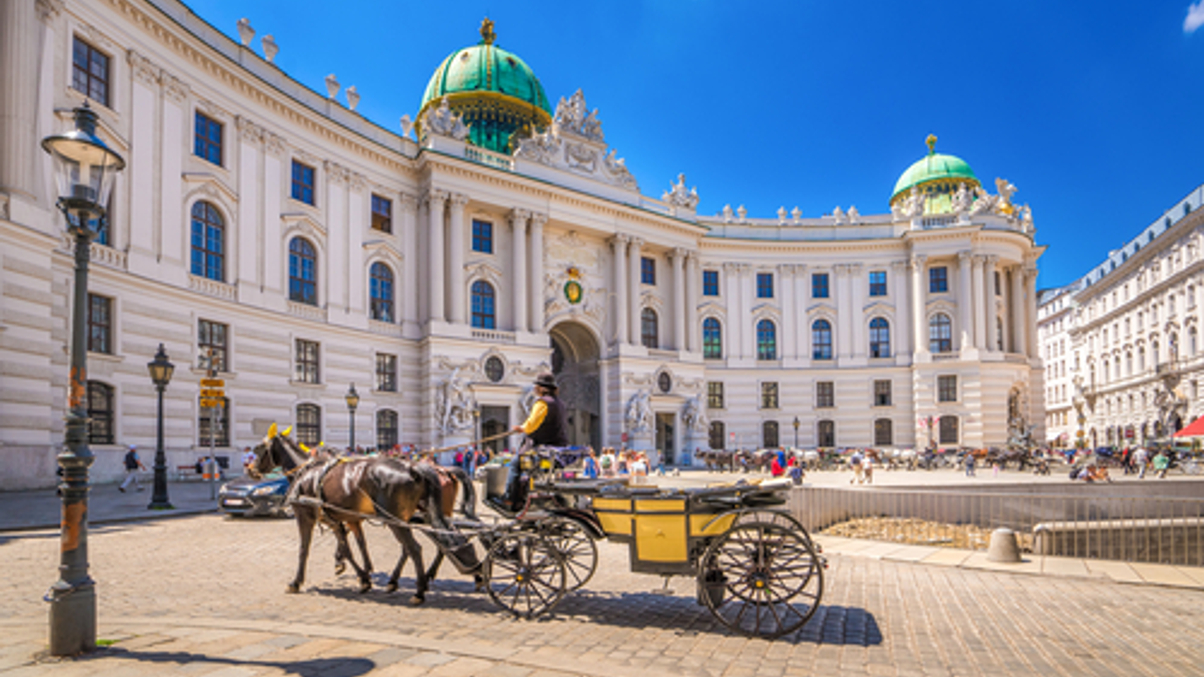Korean property investors pining for return to Europe
And they look set to continue spreading their wings to less typical locations when they do so.

Korean institutional investors are champing at the bit to return to European real estate investing once coronavirus lockdowns ease and will likely turn once again to local asset managers and brokers as deal syndicators.
Sign in to read on!
Registered users get 2 free articles in 30 days.
Subscribers have full unlimited access to AsianInvestor
Not signed up? New users get 2 free articles per month, plus a 7-day unlimited free trial.
¬ Haymarket Media Limited. All rights reserved.


